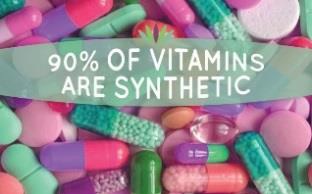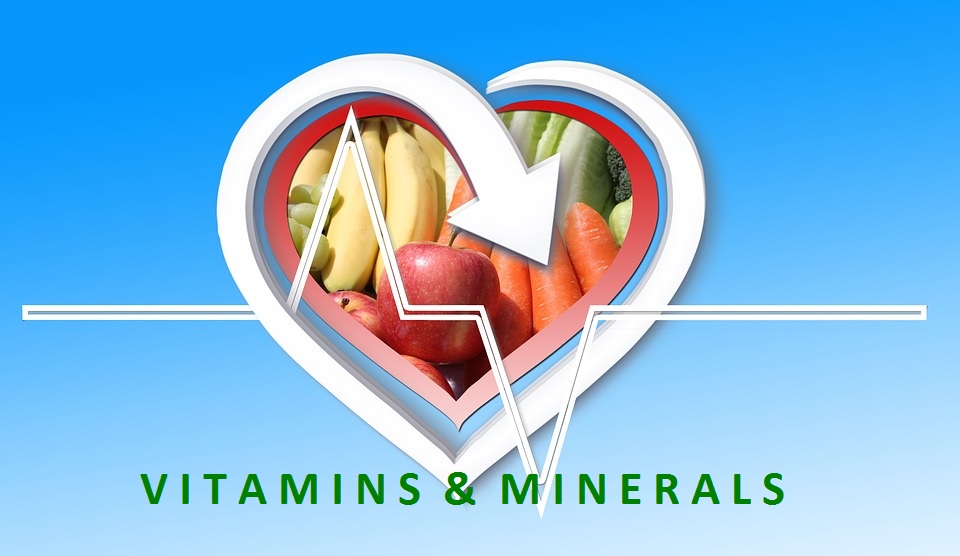What is a Dietary Supplement?
Dietary supplements include vitamins, minerals, herbs/botanicals, enzymes, amino acids, proteins and other dietary ingredients. These products are taken by mouth in pill, capsule, tablet or liquid form.
Why do our bodies need vitamins and minerals?
Vitamins and minerals are essential nutrients because they perform hundreds of roles in the body on a daily basis. Our bodies constantly construct skin, muscle and bone and manufacture red blood cells which carry nutrients and oxygen to remote areas in the body and send nerve signals skipping along thousands of miles of brain and body pathways. They also formulate chemical messengers that shuttle from one organ to another, issuing the instructions that help sustain our lives.
To do all this, our bodies require vitamins, minerals, micro minerals and some very essential trace minerals, components of which, by its self, our bodies cannot manufacture in sufficient amounts.

Vitamins and minerals are often called micronutrients because our bodies need only tiny amounts of them. Yet failing to get even those small quantities virtually guarantees disease.
Many micronutrients interact. For example, vitamin D is the cofactor of over 3000 processes in the body, for example to enable our bodies to obtain calcium from food sources passing through our digestive tract rather than harvesting it from our bones.
One of many roles played by vitamin C is to help make collagen, which knits together wounds, supports blood vessel walls, and forms a base for teeth and bones and yet bone formation would also be impossible without vitamins A, D, and K.
Magnesium and zinc, just by themselves, each help with 300 catalysts, within the body. (Between them a total of six hundred).
Several B vitamins are key components of certain coenzymes (molecules that aid enzymes) that help release energy from food.
The body needs, and stores, fairly large amounts of the major minerals which are no more important to our health than the trace minerals, they’re just present in our bodies in greater amounts.
Major minerals travel through the body in various ways. Potassium, for example, is quickly absorbed into the bloodstream, where it circulates freely and is excreted by the kidneys, much like a water-soluble vitamin. Calcium is more like a fat-soluble vitamin because it requires a carrier for absorption and transport.
We need a variety of nutrients each day to stay healthy, not only calcium and vitamin D to protect our bones but also folic acid to produce and maintain new cells, and vitamin A to preserve a healthy immune system and vision to name just a few. In all we need 90 essential vitamins and minerals to run this great machine we call our body and keep it reproducing new healthy cells.

Why can’t we get all we need from our food?
If we want to achieve optimum health and a maximum life span, the nutritional bare bones just won’t cut it. We need to eat nutritious foods and take supplements that pick up where our nutritious foods, for various reasons, no longer take us.
Our modern environment also has a profound effect on our health and wellbeing, making our nutritional needs much greater.
Examples of other contributing factors include:
• A decline in soil quality and a consequent decline in the nutrient density of the foods we grow in it.
• A decrease in diversity of plant species consumed.
• An increase in exposure to food and environmental toxins and sprays.
• Overuse of antibiotics, birth control and other medications (damaging the gut and liver and so making it harder to absorb the nutrients we consume).
• An increase in chronic stress.
• A decrease in sleep quality and duration.
• A reduced connection with nature and less time spent outdoors.
• A move away from the tight-knit social groups that were the norm for humans until very recently and the resulting effect on our nervous system.

Having better health and vitality should be at the heart of everything we do.
The power of nature can boost our body’s natural immunity and support systems, enhancing our health and vitality. The right kind of supplementation can enhance the power of nature – treating and resisting the effects of lifestyle and the lack of real nutrition in our diet.
Conclusion
So as you can see it is crucial in this day and age for us to consume dietary supplements on a daily basis if we want to support a healthy lifestyle and live a better quality of life. Food alone will not do it. The extra nutrients that supplements provide prevents free radicals from harming healthy cells, speeds the repair and regeneration of damaged cells, and facilitates healing. The result of all this is a longer, healthier, more vital life.
For further information on why we need to supplement and why minerals are one of the most important nutrients our body needs then click on the link below and listen to my webinar.

© “Copyright,” media@karenchilman.com

